A study published in the Canadian journal, Facets recently, begins positively enough. It acknowledges that the thirty Canadian zoos and aquariums represented by CAZA, a private, non-profit charity, do try to be leaders in researching this field. And, they do take part in programs aimed at species survival by breeding animals in captivity, then re-introducing them into the wild.
And on its own website, CAZA claims, “We are behind some of the most remarkable conservation success stories. This includes, for example, bringing species such as the Black Footed Ferret and the Vancouver Island Marmot back from the brink of extinction.”
However, in some key areas, the researchers (a team of two biologists from Laurentian University in Sudbury, Ontario) suggest, CAZA and its members are falling short.
Zoos and aquariums could be “important resources in mitigating biodiversity loss. And the credibility of zoos as conservation organizations can only be enhanced by the production of peer-reviewed science in this field.”
CAZA members are turning out more such research. However, it is significantly less than their US counterparts and most is appearing in “zoo-centric” journals. And most articles are not on the topic of biodiversity conservation at all, but on veterinary science, instead. “Few studies have explored their contribution to biodiversity conservation efforts and research productivity in general.”
Increasing collaboration with academic institutions would be one way for CAZA to overcome that shortcoming. So, “It is puzzling that collaborations between these groups are rare. Academics can use the unique environment zoos and aquariums provide for studying species, whereas academic research based on field observations may increase the success of reintroduction efforts led by zoos and aquariums.”
Meanwhile, extinctions hang over tens of thousands of Earth’s wild species, due to what the study describes as “widespread degradation of global ecosystems caused by humans.”
Top photo: The rare Barbary sheep (Ammotragus lervia), native to North Africa at the High Park Zoo in Toronto, Canada. A PinP photo.
Larry Powell
I’m a veteran eco-journalist living in Shoal Lake, Manitoba, Canada. I have a life-long love of wildlife & natural places. After working for radio and TV stations for about 30 years, I've turned to science writing as a freelancer specializing in the Earth Sciences. I’m a member of the Science Writers & Communicators of Canada and the American Association for the Advancement of Science. I’m authorized to receive embargoed material through the Science Media Centre of Canada, the Royal Society, NatureResearch and the World Health Organization. This allows me advance access to important, peer-reviewed research often warning of habitat loss and the threat of extinction facing many wild species, usually thanks to human intrusion and intervention by the hand of man. They then often become "hot-off-the-press" stories which are ready to publish the moment the embargoes are lifted. I publish www.PlanetInPeril.ca (PinP) "Where Science Gets Respect." I own professional photographic gear and am sometimes able to enhance my stories with my own images.
- Web |
- YouTube |
- More Posts(18)
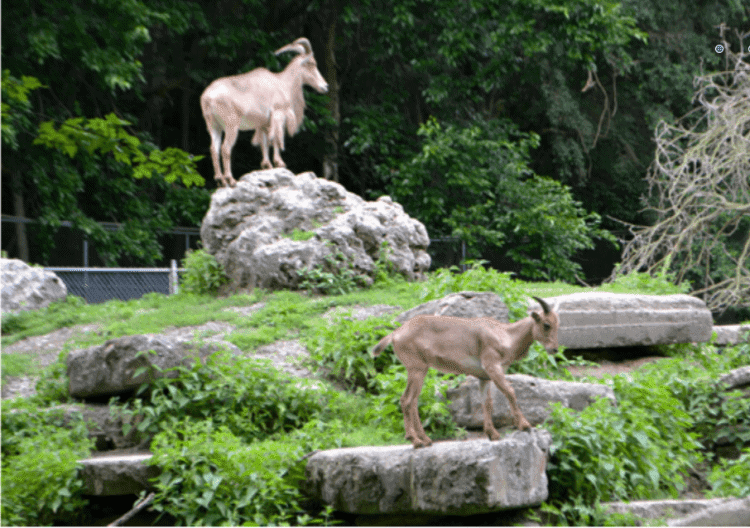
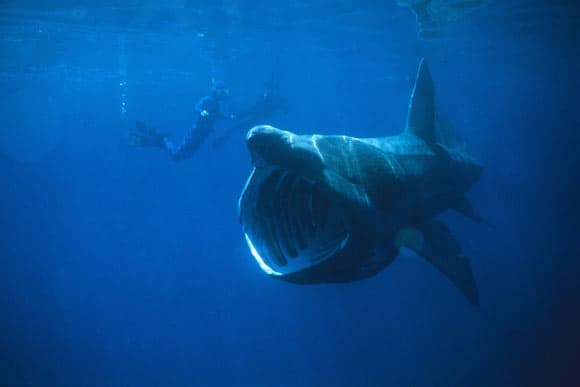
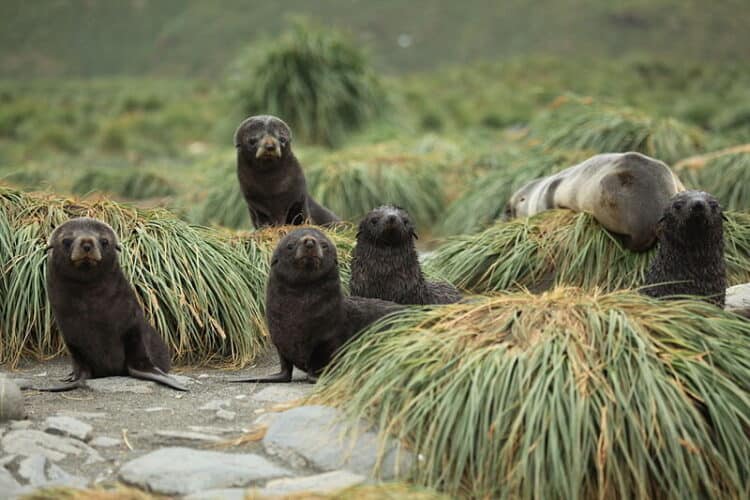


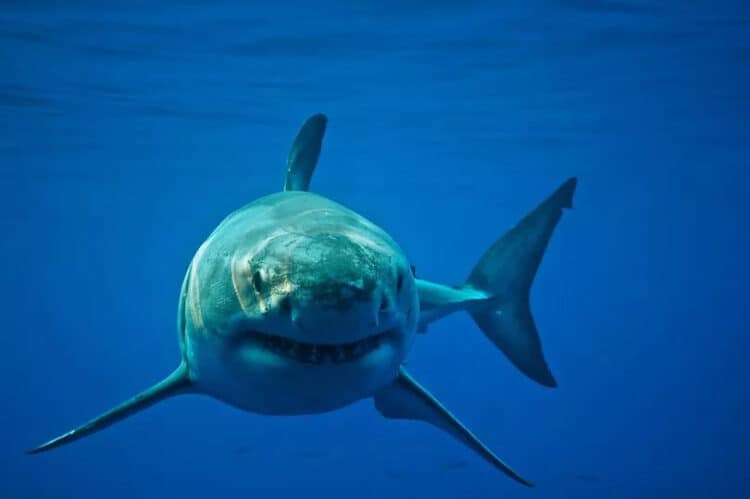
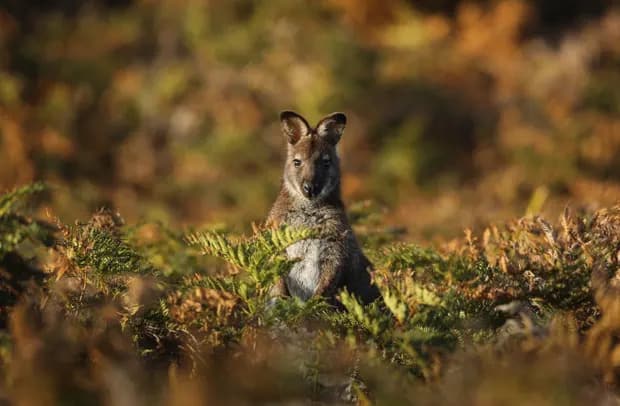
Leave a Reply